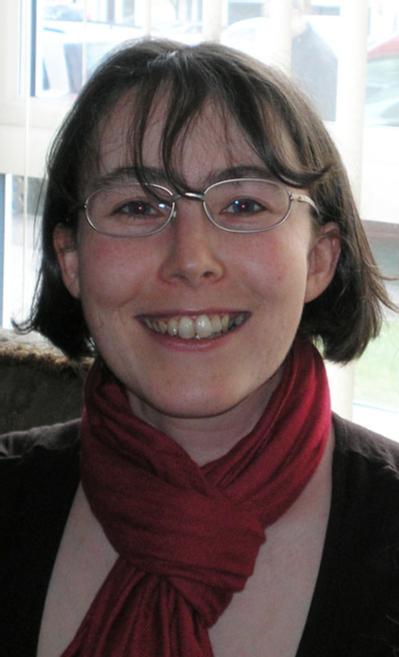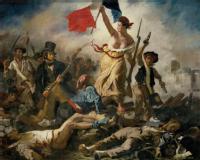FR263 Books and Barricades: Culture and Society in 19th-century France
| Module Code: FR263 |
|---|
| Module Name: Books and Barricades: Culture and Society in 19th-century France |
| Module Coordinator: Dr Kate Astbury |
| Not running 2024-25 |
| Module Credits: 15 |
Module Description
The history of modern France is marked by protest and popular revolt. Taking to the streets is almost a right of passage for French lycéens and students and it has a tradition that stretches back well beyond May 1968. The aim of this module is to examine three crucial periods of protest in 19th-century France: the 1830 revolution, the 1848 revolution and the Paris Commune of 1871 and explore how they become models for subsequent revolt. We will look at the close link between writers and politics and see how some of the best-known novelists of the time were not just politically active but also used fiction to challenge readers to political action. The works chosen will be studied as social documents and responses to history as well as works of imagination. A socio-political exploration of the changes in France from the Restoration to the Third Republic will chart the relationship between the political and the personal, the forces of progress and reaction as France entered the modern age.
We will start with the writings of political activist and feminist George Sand whose first novel, Indiana, is set against the backdrop of the 1830 Revolution, She used her characters to represent the main political divisions in France at the time and to offer an alternative vision of society where women might be equals.
We move on to two more 'heavyweights' of the period, Victor Hugo and Gustave Flaubert, taking extracts from their fictional work alongside poltical writings to consider the 1848 revolution. We'll look at extracts from Les Misérables, a work whose social consciousness still has resonance today, and from L'Éducation sentimentale which was seen as a subversive text at the time. We'll also look at visual imagery surroundng the revolution.
We'll finish the module with another political activist Emile Zola, who charted the downfall of the Second Empire and the the collapse of the revolutionary commune which set itself up in Paris in opposition to the Third Republic in 1871.
By the end of the module, students will have:
i) engaged critically with events and discourse on 1830, 1848 and 1871
ii) developed greater insight into the evolution of the socio-political and cultural context in France 1830-1871
iii) explored the French tradition of protest and the central role of writers in the call for social change in 19th-century France
iv) developed their capacity to work with original source material in the target language and to examine and analyse such source material in a coherent and succinct manner.
Assessment Method:
Either
1 x 2000-2500 word essay and 1 x 1hr exam
Or
1 x 4000-4500 word essay

